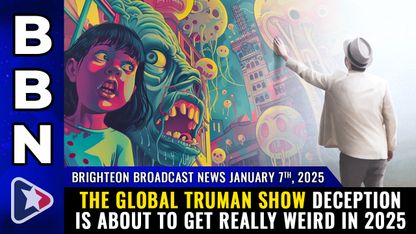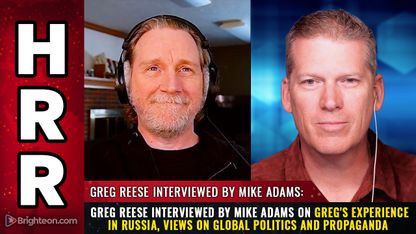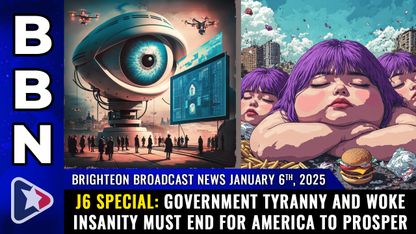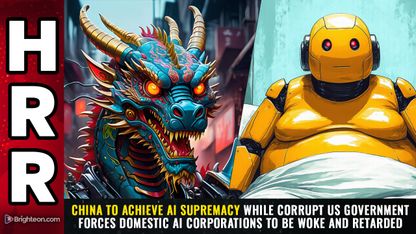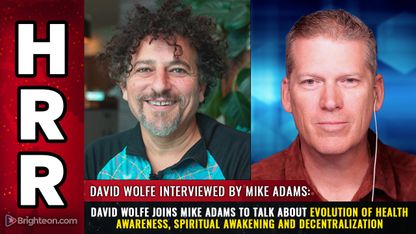
President Joe Biden's goal was to have 70 percent of the adult population receive at least one dose of a coronavirus vaccine by July 4. But the U.S. did not meet this goal. Less than half of the country has received even just one dose of a COVID-19 vaccine.
White House COVID-19 Coordinator Jeffrey Zients said the 70 percent target set by Biden has been met among people aged 30 years and above. But it will take a lot more time to do the same for the rest of the eligible population.
The biggest challenge to early mass vaccination efforts was getting enough supply of vaccine doses. But most of the people that were willing to get vaccinated have now gotten their doses. Federal, state and local government efforts have shifted to a more targeted approach to reach people who remain hesitant or lack easy access to vaccines. (Related: Polls reveal Gen Z make up the bulk of people refusing coronavirus vaccines.)
Many officials in the U.S. are blaming the failure of the mass vaccination effort on the spread of so-called misinformation regarding vaccines. However, these officials are ignoring the historically rooted distrust that minority populations, such as the Black and Native Americans, have of the medical community that has illegally used them for medical experiments.
All covid vaccines in the United States are medical experiments. None are fully approved by the FDA as safe and effective.
In early June, the daily vaccination rate dropped to less than one million doses administered per day. As of press time, it is hovering at around 0.9 million doses administered per day. This is a more than 70 percent decline from the national peak of around 3.4 million doses administered per day.
Because of the number of vaccine doses still left unused, the Biden administration has pledged to export 80 million COVID-19 doses by the end of July to alleviate global vaccine shortages. These doses will be donated through Covax, the international vaccination effort, and directly with partners based on regional need.
Mass vaccination drive to be handled by states and corporations
There will be far fewer vaccination locations in the U.S. from now on as many of the sites run by the federal government are shutting down. Some of the largest sites that have already closed include the United Center in Chicago, the Reggie Lewis Center in Boston and a handful of large-scale vaccination clinics in New York City. The last of the 39 federally operated mass vaccination centers that administered millions of shots was in Newark, and that, too, closed on June 20.
Instead of government-run vaccination centers, the vaccination drive will transition to a more corporate-driven program. Companies like CVS Health and Walgreens Boots Alliance, which took big financial hits from the pandemic, have said they are excited about making money on COVID-19 vaccines and other coronavirus-related products and services, including tests.
Many CVS pharmacists and technicians who were either hired or repurposed for mass vaccination purposes are now being reallocated. The company is also adapting their model to better meet the demand in each location, said one spokesman. While CVS is now preparing to shut down vaccine clinics in locations with lower demand, it reassures people that they can still receive shots any time at all of its stores.
The U.S. will also be relying more on vaccination drives run by states and local governments.
"It still remains a priority for us to vaccinate as many individuals as possible," said Donna Skoda, health commissioner of Summit County Public Health in Ohio, about the country's decision to shut down a local mass vaccination clinic. "We have to think of new and innovative ways to reach individuals who have not been vaccinated, so we are shifting some of our resources to more targeted initiatives."
Learn more about the the U.S. mass vaccination program and why vaccine demand is waning at Vaccines.news.
Sources include:
Please contact us for more information.


